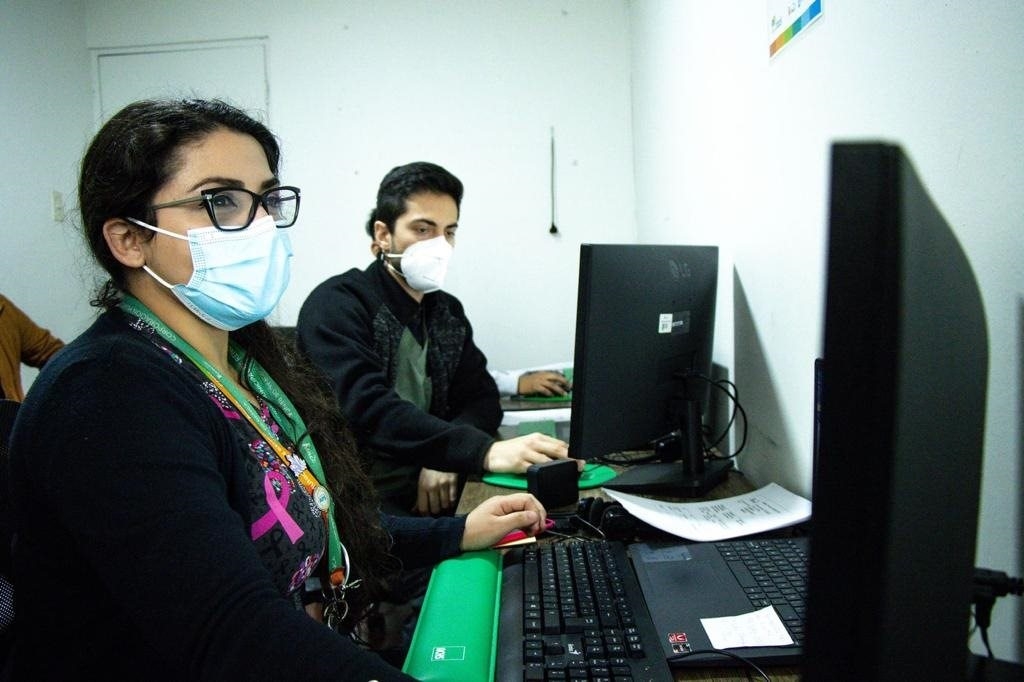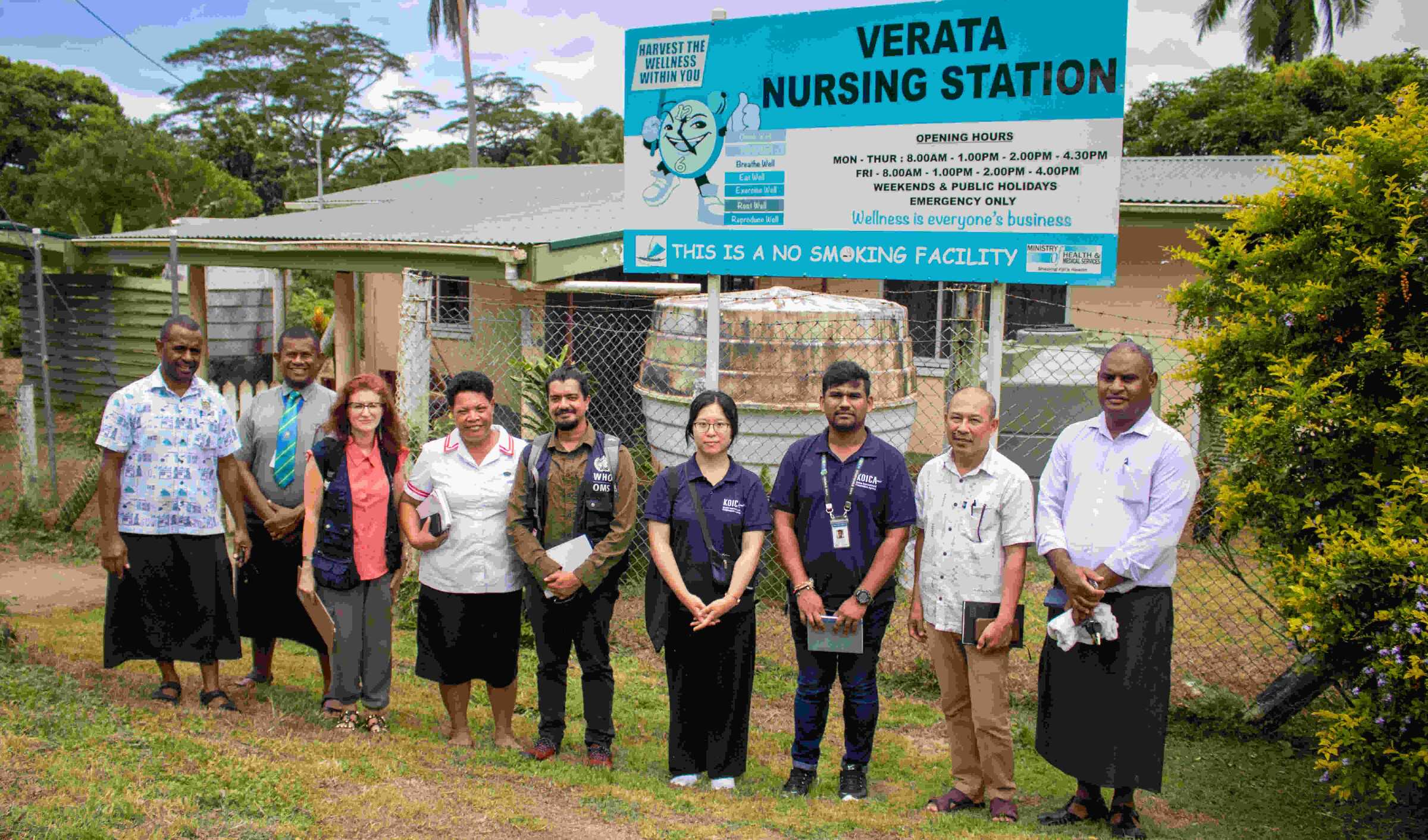
INVESTMENT ROUND: IMPACT STORY
Malaysia embraces system-wide reforms to transform health services
WHO’s expertise supports Malaysia in health services reforms

A team of health workers provide health care at a remote clinic in Marudi, Malaysia.
15-year
planning for health reform
2023
approval of Health White Paper
Ambitious
reforms in Health White Paper
Malaysia has made strides in healthcare, achieving broad coverage and commendable health outcomes. However, new challenges such as urbanization, lifestyle changes, an aging population, and increasing income disparities have exerted pressure on the healthcare system.
WHO supported the Malaysian government in crafting the Health White Paper (HWP), a document that proposes comprehensive healthcare reforms for the next fifteen years.
WHO was pivotal from the outset by providing strategic guidance on healthcare reforms, conducting a situational analysis of Malaysia's health system, and contributing to the HWP’s development.
WHO's extensive experience in global health reforms provided the Ministry of Health access to a wealth of relevant insights and best practices.
Furthermore, WHO played a crucial role in orchestrating multisectoral dialogues among a wide array of stakeholders, crucial for tailoring the HWP's policy framework to be inclusive, reflecting Malaysia's unique needs, and aligning with international standards.
WHO expertise bolsters Malaysia’s efforts to create a health strategy equipped to address future health needs.
The HWP aims to improve preventive services, guarantee equitable access by strengthening primary health care, enhance resilience against emerging health threats, and encourage the development of innovative health ecosystems.
In 2023, the HWP received bipartisan approval from the Malaysian Parliament, triggering a series of comprehensive policy reforms focused on enhancing data systems for decision-making and strengthening primary healthcare centres.
The collaboration between Malaysia and WHO is a model for successful health governance partnership. By exchanging expertise and facilitating multisectoral discussions, WHO was instrumental in steering Malaysia towards a health system that meets current needs and is prepared for future challenges.
→ Read the full story: Malaysia embraces system-wide reforms to transform health services
Return on investment
/invest-visual-provide-health.png?sfvrsn=67b0de9_3)
A fully funded WHO will enable the Organization to "provide health" with people accessing health services without financial hardship to 5 billion people by 2028.
Supporting Malaysia’s comprehensive health system reforms is an example of WHO delivering on advancing the primary health care approach and essential health system capacities for universal health coverage, contributing to WHO's Fourteenth General Programme of Work (GPW 14), strategic objective 3.1.
Funding the future
WHO’s support to Malaysia’s health systems reforms wouldn’t have been possible without funding.
To continue to support initiatives like this, WHO needs sustainable financing, that is, predictable, flexible and resilient. This will allow WHO to have the greatest impact where it is needed most. Please support the WHO Investment Round.
/invest-visual-investing.png?sfvrsn=dbf748b9_20)


